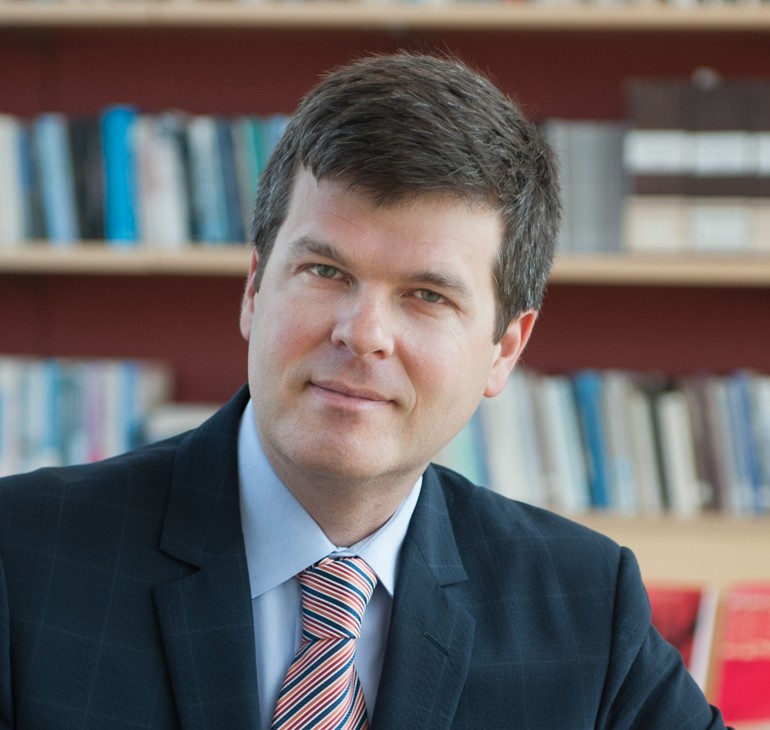France Needs a 9/11 Commission-Style Investigation
We do not know yet why three coordinated teams of terrorists were able to plan and execute the worst act of political violence on French soil since World War II. There are serious questions that need to be answered about why the attackers escaped detection by the French intelligence services.

Published by The Lawfare Institute
in Cooperation With

We do not know yet why three coordinated teams of terrorists were able to plan and execute the worst act of political violence on French soil since World War II. There are serious questions that need to be answered about why the attackers escaped detection by the French intelligence services. The people of France deserve a thorough and impartial investigation of why these attacks were not prevented.
The biggest mistake that Americans made after 9/11 was that we thought we knew what we needed to do. We did not know what counterterrorism policies were effective, so we tried whatever seemed tough – sweeping surveillance programs, coercive interrogations, military tribunals – without having any idea what would work. France can learn from our mistakes.
The 9/11 Commission’s careful review led to recommendations to improve security and intelligence that were based on facts, not fear. What the people of France – and the rest of Europe – need right now is a sober and objective investigation, not a rush to give more powers to the intelligence and security services. A terrorism commission could help the French people understand what its government is doing with the considerable powers it already has.
The fact that the French state has a powerful intelligence apparatus is not surprising. After all, the word “surveillance” is French in origin. It entered the English language at the time of the Reign of Terror, when surveillance committees were established to spy on the enemies of the French Revolution. But many English words originated from French. One of them is “liberty.”
A commission is needed to bring coherence to Europe’s approach to privacy and surveillance. Bashing the NSA has become a favorite pastime for many Europeans. European institutions – such as the Court of Justice of the European Union (CJEU) – are asserting themselves to impose limits on what they regard as “mass surveillance” by the Americans. At the same time, countries in Europe have been moving headlong to grant their intelligence services sweeping new powers.
In May, France passed a law authorizing surveillance of telephone calls and e-mails, and mass collection of metadata from secret “black boxes,” all without judicial review. It was called the French “Patriot Act,” but as Nathan Sales at Syracuse University observes, it was actually much worse, omitting many safeguards that American law provides for national security surveillance. Civil liberties and human rights groups, including Amnesty International, challenged the law. Despite criticism from the UN Human Rights Committee, most of the law was upheld in July by France’s Constitutional Council.
The investigation should not be limited to France, but should examine the performance of intelligence and law enforcement agencies across Europe – and in the United States. The commission should include members from many European nations, and should receive assistance from the American intelligence community, so that it can examine the performance of all the agencies whose joint intelligence work is essential to preventing terrorist attacks.
To be effective, the commission should not be composed of French civil servants or Brussels bureaucrats. It will need top security clearances – and even more crucially – the trust required to ask tough questions of the most secret agencies in the world’s most powerful countries. As we know from the Snowden revelations, France’s General Directorate of External Security (DGSE) works closely with the UK’s GCHQ and other partners in Europe, and the NSA.
For many years, these intelligence agencies have focused resources on tracking international terrorist organizations. ISIL is at the top of everyone’s list of surveillance targets. Was anyone tracking the terrorists that struck Paris? If not, why not? If so, why wasn’t the plot disrupted? The commission should ask these questions not only in classified briefings, but also in public hearings, and should lay the answers before the public.
A public review might also help the European institutions most concerned with privacy and data protection to have a more realistic understanding of how intelligence works. NSA and GCHQ surveillance operations are vital in keeping Europeans safe, but they typically work with European intelligence services that have little contact with the CJEU, European Court of Human Rights, European Commission, and the European Parliament.
President Hollande was right to call the attacks in Paris an “act of war.” Yet it will be improved intelligence, more than military operations, that will help the French win this war. A terrorism commission could consider how to ensure security while upholding Europe’s human rights values, as well as the liberté at the heart of the French republic.




